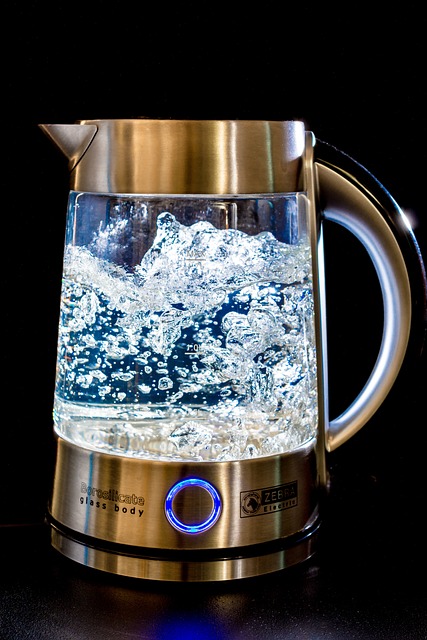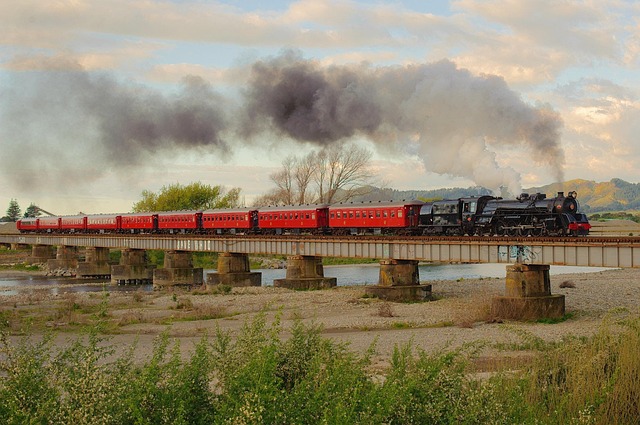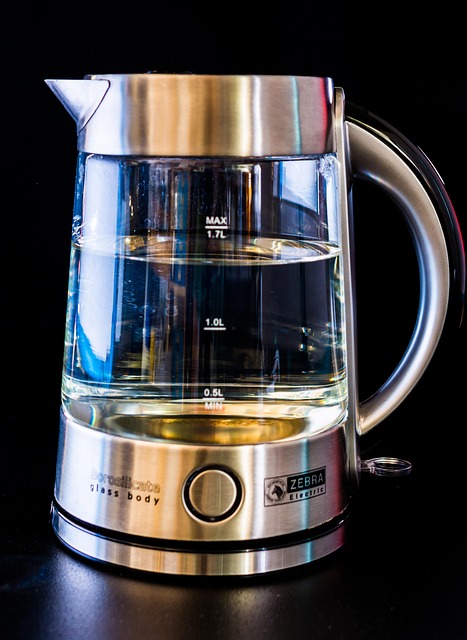Assess your water heater's performance: look for inadequate hot water, long waits, weak streams or high energy bills. Outdated tank heaters are inefficient, causing temperature fluctuations, leaks and higher bills. Upgrade to a tankless model for on-demand hot water, better temperature control, instant heating, reduced energy consumption and lower maintenance costs. Recognize signs like consistent temperature variations or frequent leaks as indicators for a needed upgrade to a modern, efficient tankless heater.
Are you tired of cold showers or consistently high energy bills? It might be time to consider an upgrade to a tankless water heater. This article explores the signs that indicate it’s time for a change and delves into the benefits of transitioning to a tankless system. By assessing your current heater’s performance, understanding the advantages like energy savings and instant hot water, and identifying specific circumstances (like frequent running out of hot water or outdated models), you’ll decide if a tankless heater is right for you.
- Assessing Your Current Water Heater's Performance
- – Identifying common problems and inefficiencies with traditional tank water heaters.
- – Discussing the energy consumption and cost implications of outdated models.
Assessing Your Current Water Heater's Performance

Assessing your current water heater’s performance is a crucial step in deciding if an upgrade is necessary. One of the clearest signs you need a new water heater is inadequate hot water supply. If you frequently experience long waits for hot water or only get a weak stream, it might be time to consider a tankless model. These heaters provide on-demand hot water, ensuring a consistent and robust flow throughout your home.
Another indicator is high energy bills. Traditional storage water heaters can waste significant energy by continuously heating and reheating water in the tank. If you’ve noticed a sudden spike in your utility expenses without apparent changes in usage, an outdated heater could be to blame. Tankless heaters offer better temperature control and insulate water instantly, leading to substantial energy savings over time.
– Identifying common problems and inefficiencies with traditional tank water heaters.

Many homeowners are unaware of the potential issues lurking within their traditional tank water heaters until it’s too late. These systems, while common, often present several problems that can greatly impact your daily routines and energy bills. One of the primary concerns is their inefficiency; tank water heaters lose a significant amount of heat over time, leading to increased energy consumption and higher utility costs. This ineffectiveness is especially noticeable during peak hours when demand is high.
Additionally, traditional tanks have limited storage capacity, which can result in frequent temperature fluctuations and cold showers. Leaks are another common issue, causing not only damage to your property but also wasting precious water and raising your bills further. If you’re experiencing any of these signs you need a new water heater—like consistent temperature variations or frequent leaks—it might be time to consider a tankless water heater as a more efficient and reliable alternative.
– Discussing the energy consumption and cost implications of outdated models.

Outdated water heaters, especially the traditional tank-style models, can be energy guzzlers. These systems often rely on constant heating, leading to significant energy consumption and higher utility bills. If your current water heater is old and you’re noticing frequent temperature fluctuations or long wait times for hot water, it might be a sign that an upgrade is due. Old heaters not only impact your wallet but also contribute to environmental concerns due to their inefficient use of energy.
When considering Signs You Need a New Water Heater, tankless models offer a more efficient alternative. These modern systems heat water on demand, eliminating the need for constant storage and heating. This can lead to substantial cost savings over time, especially in households with multiple occupants or those located in regions with year-round warm climates. By opting for a tankless heater, you’ll not only reduce energy consumption but also ensure a consistent supply of hot water without the excessive maintenance and replacement costs often associated with traditional tanks.
If you’re experiencing frequent temperature fluctuations, high energy bills, or constant hot water runs out, it’s clear that signs you need a new water heater are present. Upgrading to a tankless model can significantly improve your home’s energy efficiency and save you money in the long run. By eliminating the need for constant reheating, you’ll reduce your carbon footprint and enjoy consistent, on-demand hot water—a truly rewarding game changer for any homeowner.
